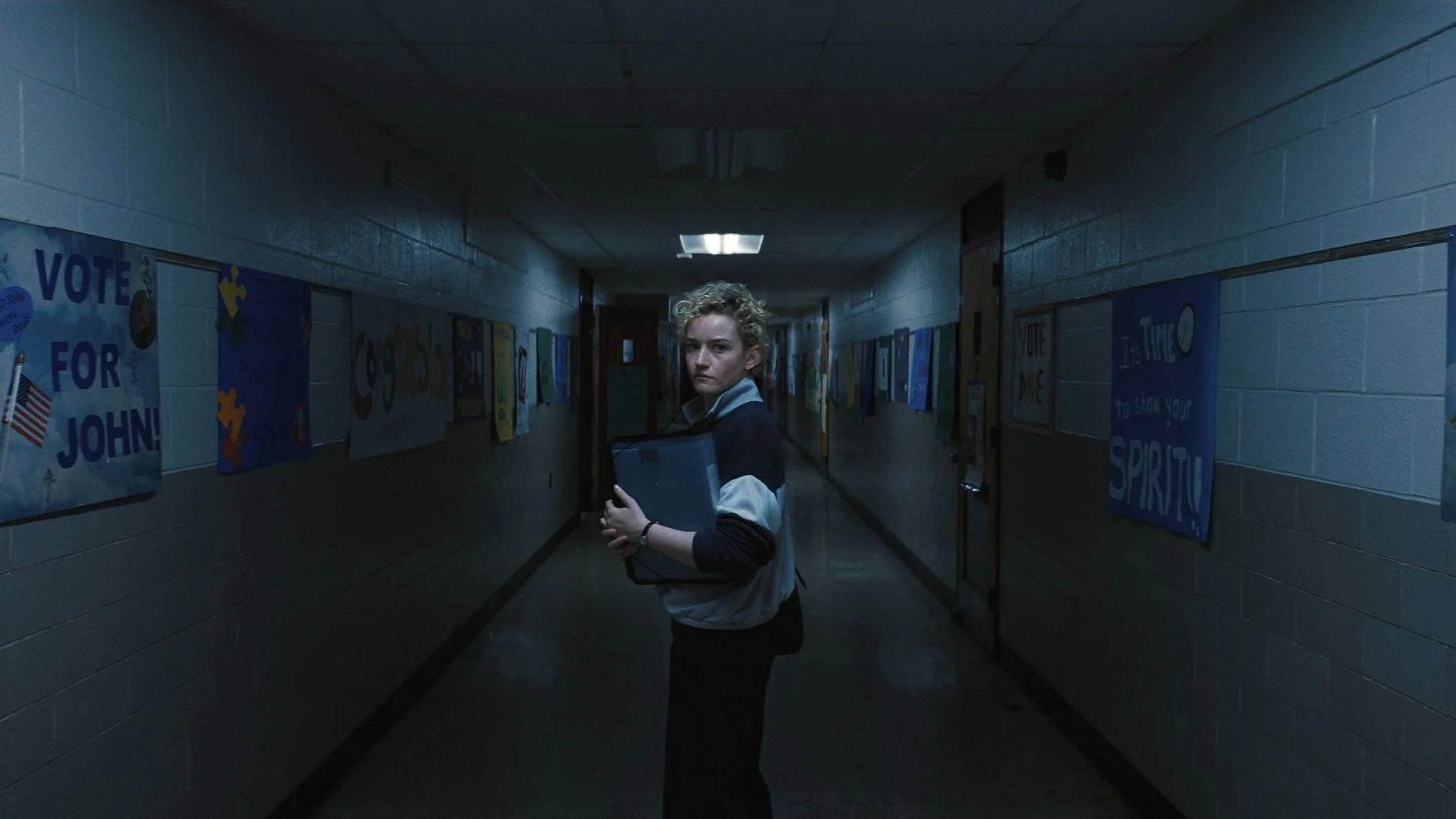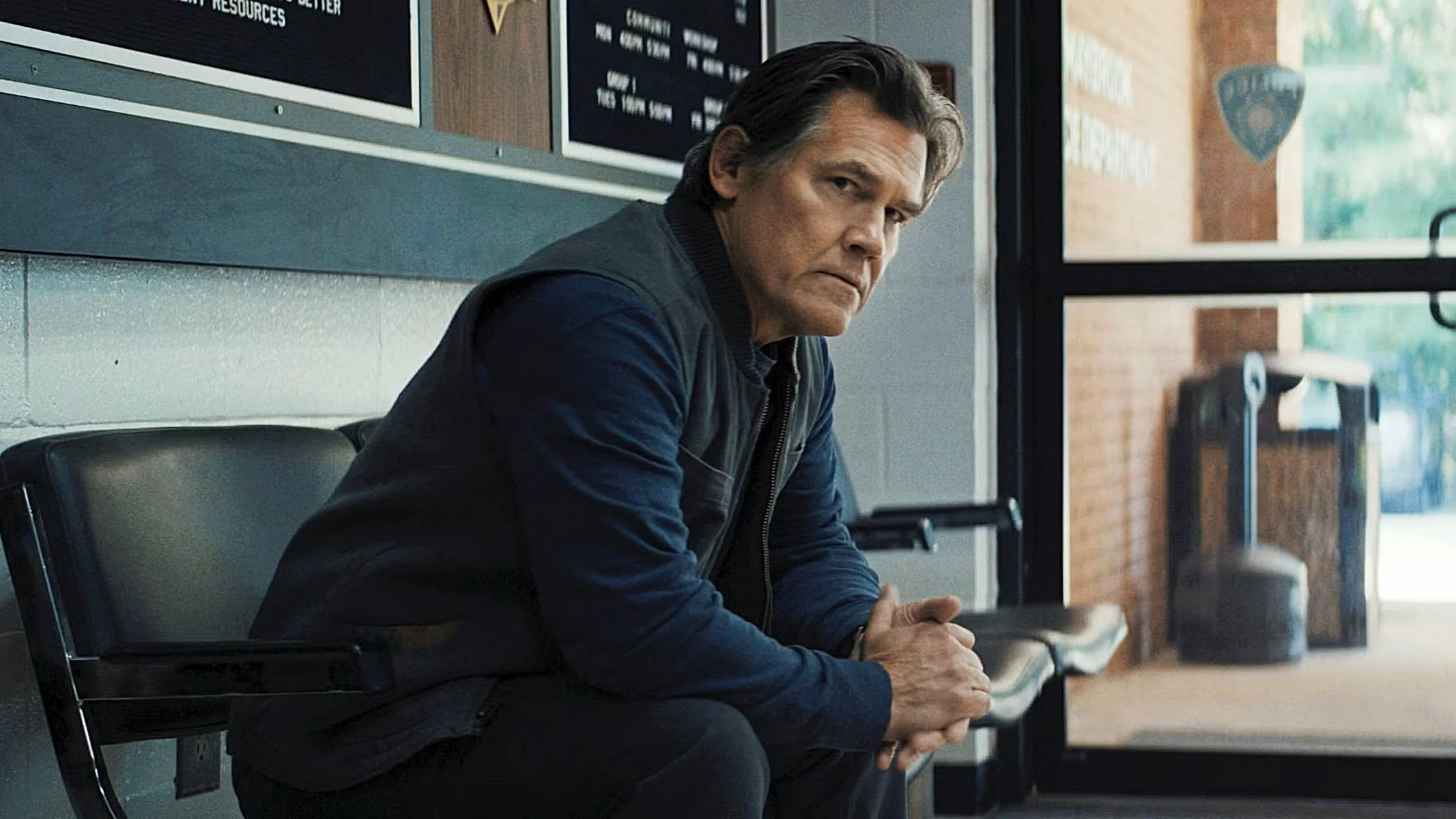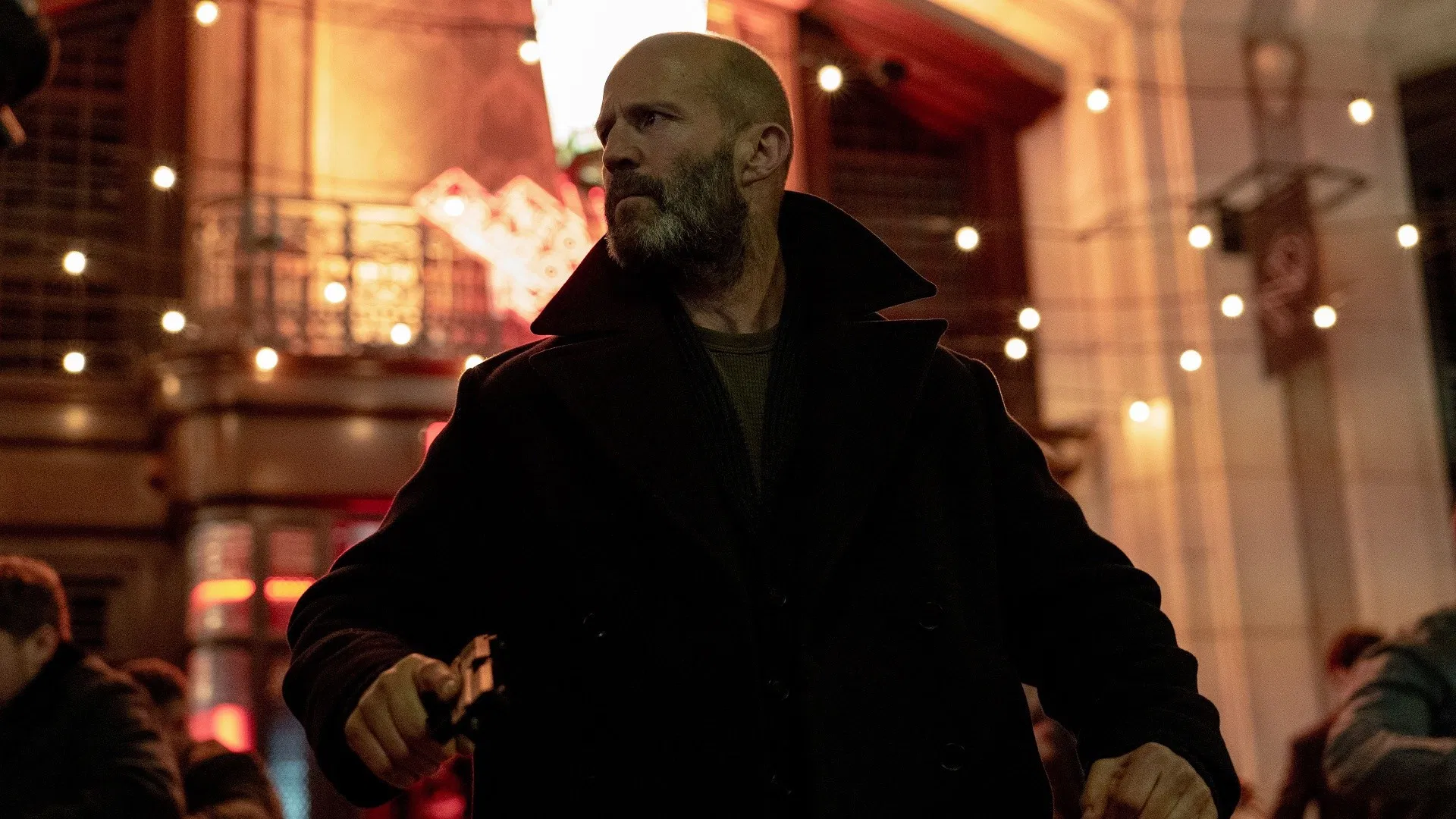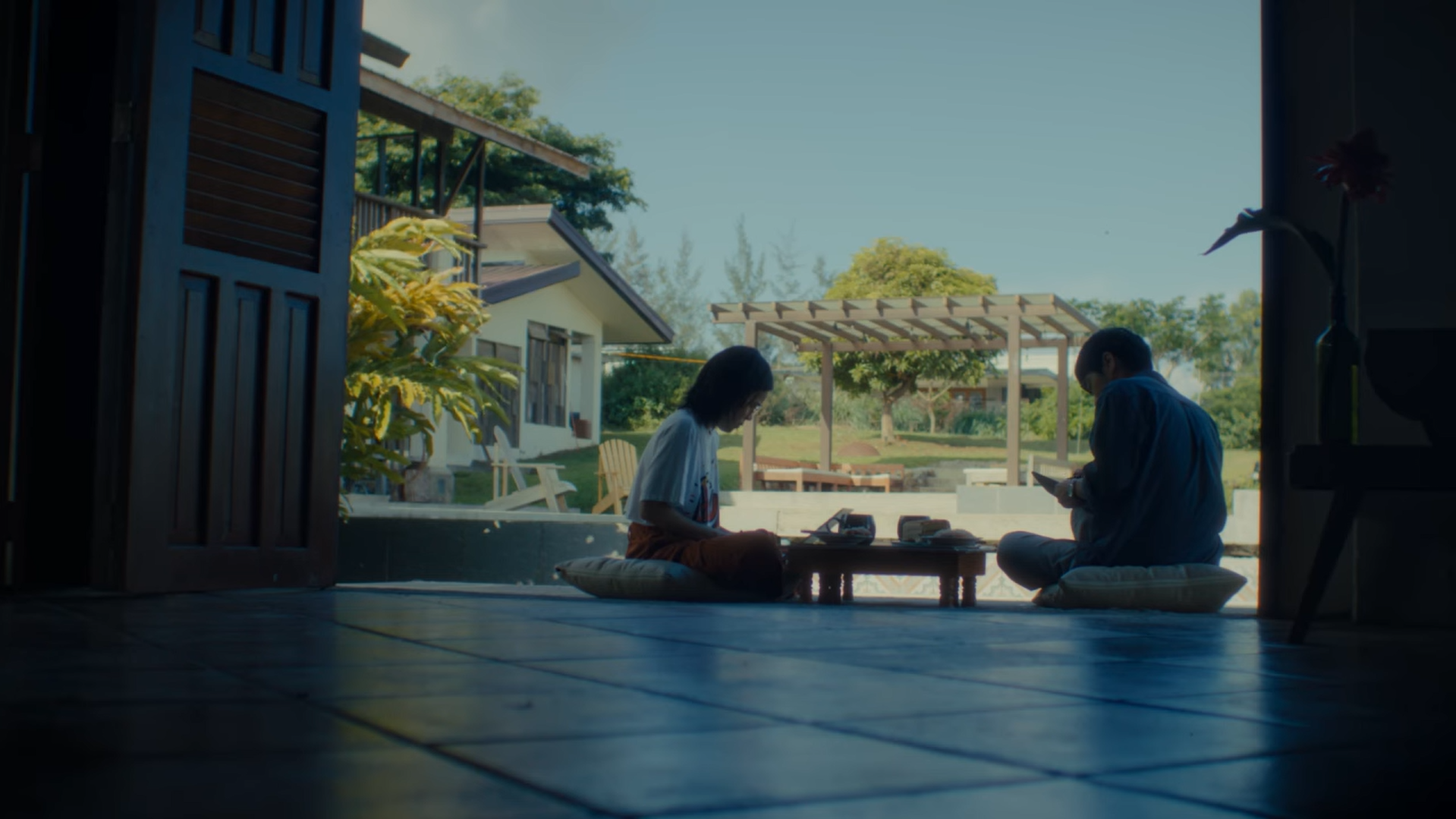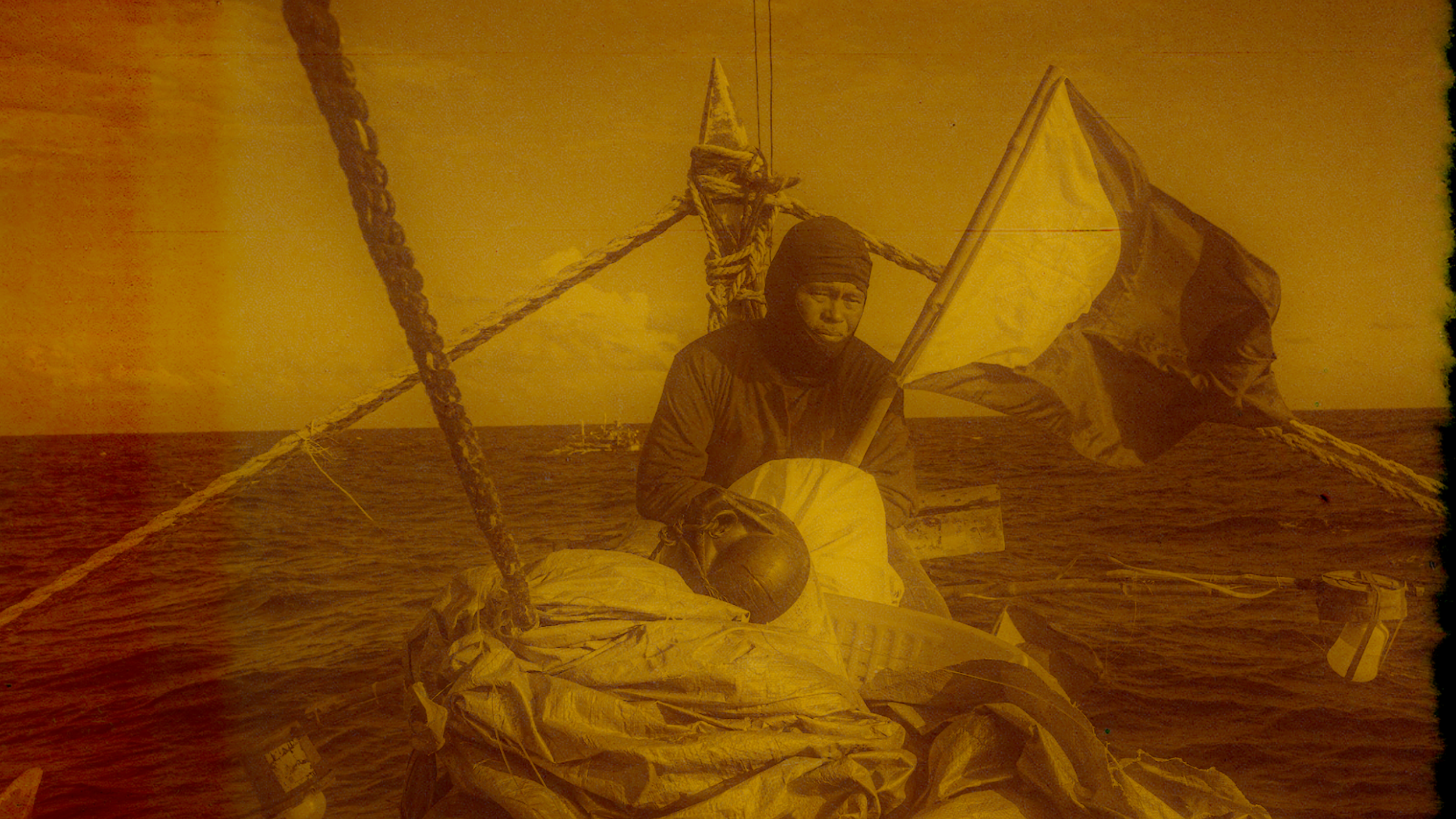‘Weapons’ REVIEW: The Unravelling of a Neighborhood
‘Weapons’ REVIEW: The Unravelling of a Neighborhood
A child who ran into the dark | Still courtesy of Warner Bros. Pictures
When a narrative is centered around unfathomable and inexplicable tragedy, there is, on some level, the feelings of the one who wrote it often seeping through. This is more than true of former sketch comedian and newly-crowned horror auteur Zach Cregger, who, after the accidental death of friend and fellow member of comedy troupe The Whitest Kids U’ Know, Trevor Moore, proceeded to write a story that "exploded out of him" through his own conflicted emotions.
That story is his sophomore solo outing (and fourth film overall) Weapons, and how those emotions are made manifest is through what is perhaps one of the more singular studio projects to get bankrolled by a major studio this year. Equally important to mention: it’s intense as hell.
Weapons immediately opens up with a premise primed as an immediate hook for the audience: one day, in the dead of night at 2:17 AM, an entire class of children (sans one unlucky kid) woke up and ran away from their homes and disappeared into the dark.
With no sign of their whereabouts nor the reasoning of their disappearances, the parents of the missing children ultimately turn their suspicion and anger at the class' advisor, Justine Gandy (Julia Garner) with one particular parent, Archer Graff (Josh Brolin) on edge on whether or not she knows something about what happened to his son.
With tensions high amongst the townspeople of Maybrook, it's only a matter of time when Justine, Archer, and more than a few others, get unwittingly sucked into something darker than they’d expect as strange events begin to occur around them.
Justine (Julia Garner) being unsettled in a dim hallway | Still courtesy of Warner Bros. Pictures
Like with Cregger's previous film Barbarian (as well as the other film this year he was involved in, Companion), Weapons’ plot is one whose maximum impact relies on the audience going into it blind, its nature as a ‘puzzle-box’ type mystery continuously stacking up the questions to keep the audience guessing. This is done through a rather ambitious framing of switching perspectives, tonal shifts and repeating time periods, as we bounce from the eyes of one character to another and their read of the recent happenings of Maybrook.
As a byproduct of this, the film doesn’t seem to rely on the pure shock impact of the twists themselves like the prior two films mentioned, as the revelations come in a deliberately understated fashion, instead having the sense of escalation come from the increasingly taut interconnectedness of these characters and how close they actually are to a danger that they, and initially we, aren’t initially aware of.
It’s a strongly admirable structural gambit, one that mostly caught my attention all throughout its 2-hour runtime, but this eagerness did come with sophomore-feature rough patches. The first half of the film, with its sardonic bathos and nightmarish foreboding, does come off as a bit laboring past the well-built initial shocks and misdirects, the inherent structuring pulling away from potential moments of propulsion in favor of more building of character and information.
While not an excuse, why it does it is understandable, as I’ve found the characters themselves to be pretty well-crafted, if a bit simple, each encompassing the spectrum of despair, listlessness, and powerlessness individuals could feel and grapple with in the face of not only painful loss, but the failure of greater systems around them (which is made more apt with the further subtext of Moore’s passing; Cregger himself stated that the writing of this movie’s script really did help him engage with his feelings constructively).
There’s a surprising elusiveness to a pure one-for-one allegory for the central mysteries, instead allowing the messy emotions and inherent search for meaning drive the thrills and chills. Its desire to form a dense tapestry of thematic webs alongside its busy narrative is admirable, though dragged down by both its overloftiness causing them to not be fully explored at full breadth, as well as the more plodding stretches in conjunction with the individualist-focused writing ethos, creating a sort of restriction for the vantage point in which the sadness and rot of Maybrook could be dissected.
I kind of wish we got to know more of this town, even in the midst of the taut adherence to plot mechanics. In the end, when your end goal is to have implicit conceptual work go hand-in-hand with unabashed genre madness, you could do far worse, and boy what madness it ultimately turns to.
Archer (Josh Brolin) trying to find answers | Still courtesy of Warner Bros. Pictures
By the second half, with the cards once held close to his chest nearly all put on the table, Cregger finally cashes in the simmering jumpy tension with visceral sequences, nasty pitch-black humor, and an unveiling of warmth for his damaged cast, even if that warmth comes from bloodshed. The velocity and physicality of the scares Weapons loads by the fifty-percent mark is one hell of a payoff, leading into a final stretch whose endpoint I’d say feels appropriate coming from both a horror maestro and a comedy sketch troupe member in its terror and bleak absurdity. It paves a convoluted path to get there, but one could not deny the sheer relentlessness and satisfaction it brings.
All of these bending tones and momentum is directed with a confident stride that more than aids the film at keeping its audience at the palm of its hands. In one moment, the camera creeps slowly on dark spaces to keep you on edge for a scare; in another, it aims itself at an angle or a sudden hard cut for a hilarious punchline; in some moments, Creggers even creates a dissonant mix of both in some chase scenes shot with suffocating sweeping takes.
The fluid, overreaching storytelling is matched with a visual form able to adapt to its energy, especially as things ramp up. Cregger’s direction also gets the most out of its ensemble cast with great performances in accordance with their sections of the film, with Garner and Brolin growing to become rather compelling human anchors in the midst of all the madness.
That fateful moment of disappearance | Still courtesy of Warner Bros. Pictures
Sometimes, the cruelties of the world around us and the hurt that stems from it bends our own awareness of time, events, and meaning beyond ourselves. In all the messiness, disorientation, and disturbing imagery, Weapons becomes quite an oxymoronic and fascinating embodiment of how we internally deal with this pain.
Armed with a sprawling, twisty narrative which overstuffs itself as much as it micromanages, it stands out as an equal parts horrific, darkly hilarious, and affectingly unstable image of hidden evils in suburbia. Cregger’s swings might not always work out, and one might think he’s playing the hits that made Barbarian the breakout feature it is, but he nevertheless captures a compelling frailty that rings ever human while scaring the hell out of you.
Weapons is now showing in Philippine cinemas through Warner Bros. Philippines.





